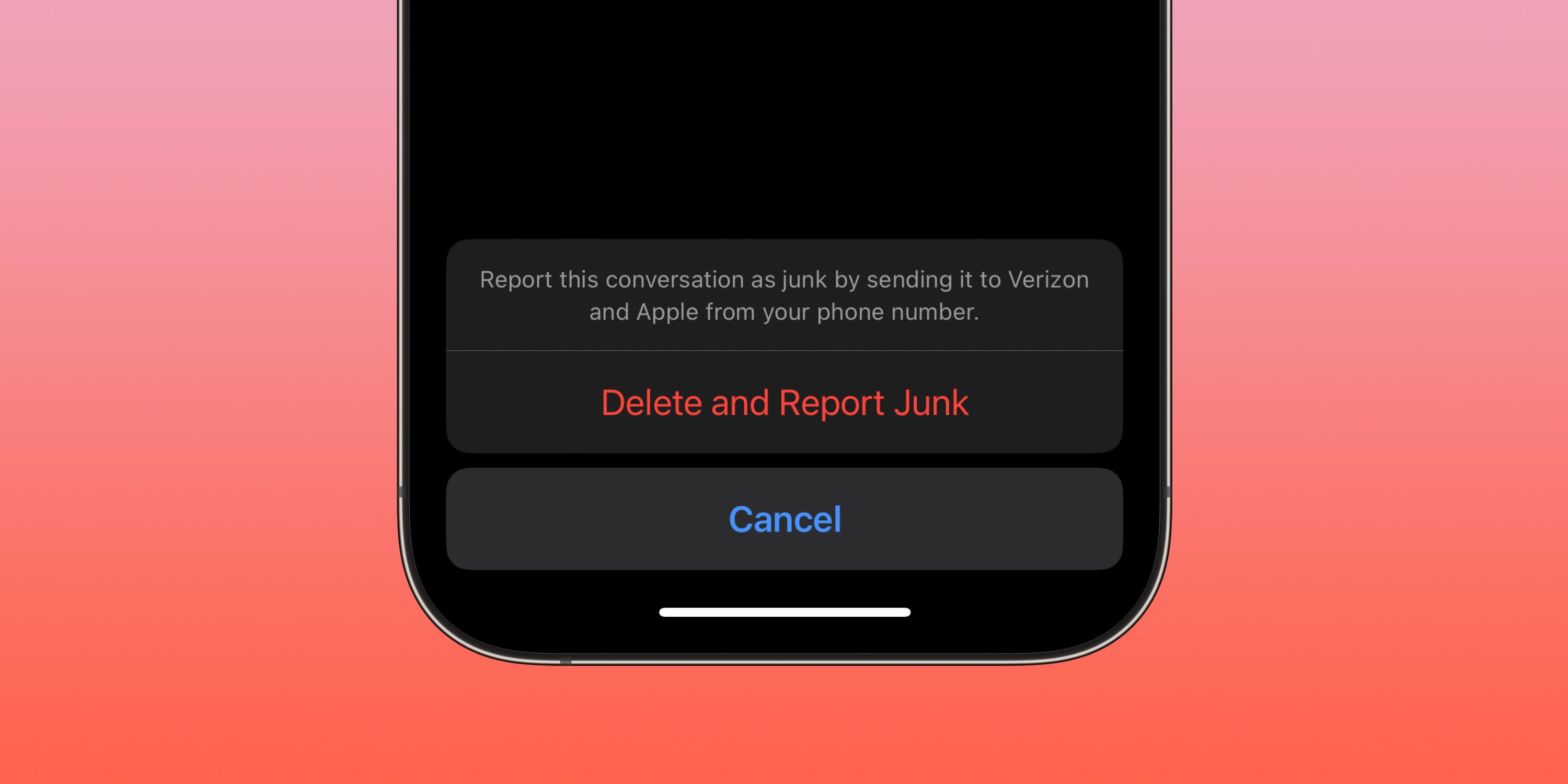
The Federal Communication Commission announced today its first set of rules designed to reduce the number of scam texts Americans get. The move will require carriers to block texts from three types of numbers plus one more measure which will be a start to tackling the rapidly growing problem.
The FCC announced the news in a press release (via The Verge) titled “FCC Adopts Its First Rules Focused on Scam Texting.”
In its opening, the release highlights that complaints about scam texts have grown more than 500% from 2015 to 2022 and that robot texts/scam texts are more of a threat to consumers than scam calls:
“Unlike robocalls, scam text messages are hard to ignore or hang-up on and are almost always read by the recipient – often immediately. In addition, robotexts can promote links to phishing websites or websites that can install malware on a consumer’s phone.”
Today’s new adoption rules require carriers to block text messages that “appear to come from phone numbers that are unlikely to transmit text messages.”
The FCC explains that will include “invalid, unallocated, or unused numbers. It also includes numbers that the subscriber to the number has self-identified as never sending text messages, and numbers that government agencies and other well-known entities identify as not used for texting.”
Another useful measure will also “require each mobile wireless provider to establish a point of contact for text senders, or have providers require their aggregator partners or blocking contractors to establish such a point of contact, which senders can use to inquire about blocked texts.”
The FCC also asked for public feedback “on further proposals to require providers to block texts from entities the FCC has cited as illegal robotexters.”
Plus, the FCC says the action:
proposes to clarify that Do-Not-Call Registry protections – that is, prohibiting marketing messages to registered numbers – apply to text messaging and closing the lead generator loophole, which allows companies to use a single consumer consent to deliver robocalls and text messages from multiple – perhaps thousands – of marketers on subjects that may not be what the consumer had in mind. The Commission will also take further public comments on text authentication measures and other proposals to continue to fight illegal scam robotexts.
Apple currently offers a “Delete and Report Junk” button in its Messages app which reports the details to Apple as well as your carrier.
However, the feature seems to be most effective at reducing further scam messages from that same number. Often times, future robot texts come from a new number. So hopefully, the new carrier requirements will start to cut down on that aspect of the issue.
The FCC also advises consumers: “do not interact in any way with suspicious texts, click on suspicious links, or provide any information via text or website.” And you can also file complaints about scam texts at its Consumer Complaints Center.
What do you think? Are you seeing more and more scam texts? Share your thoughts in the comments!

FTC: We use income earning auto affiliate links. more.
